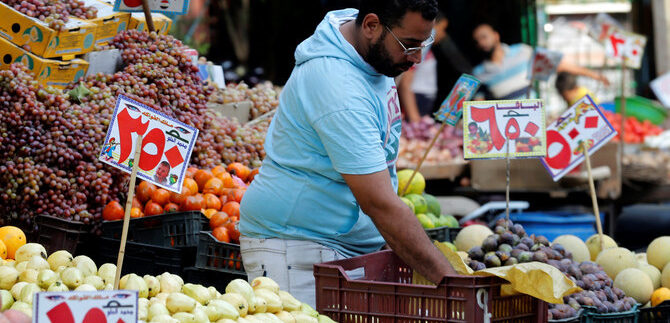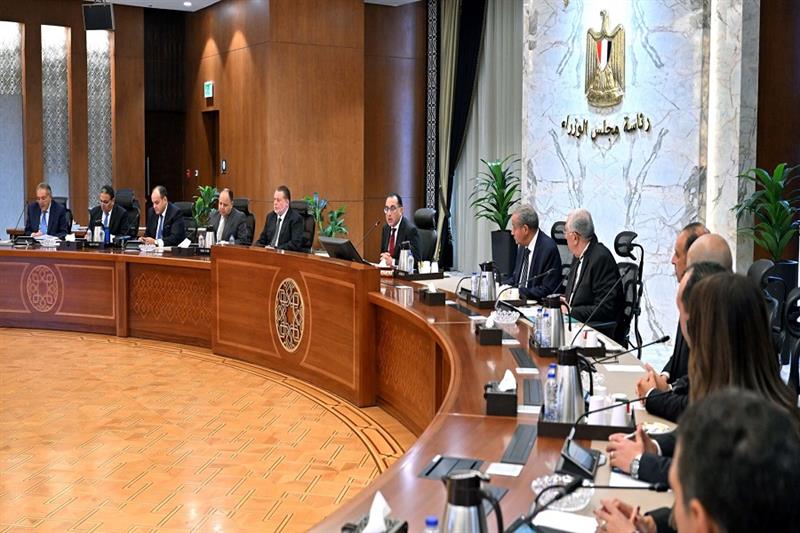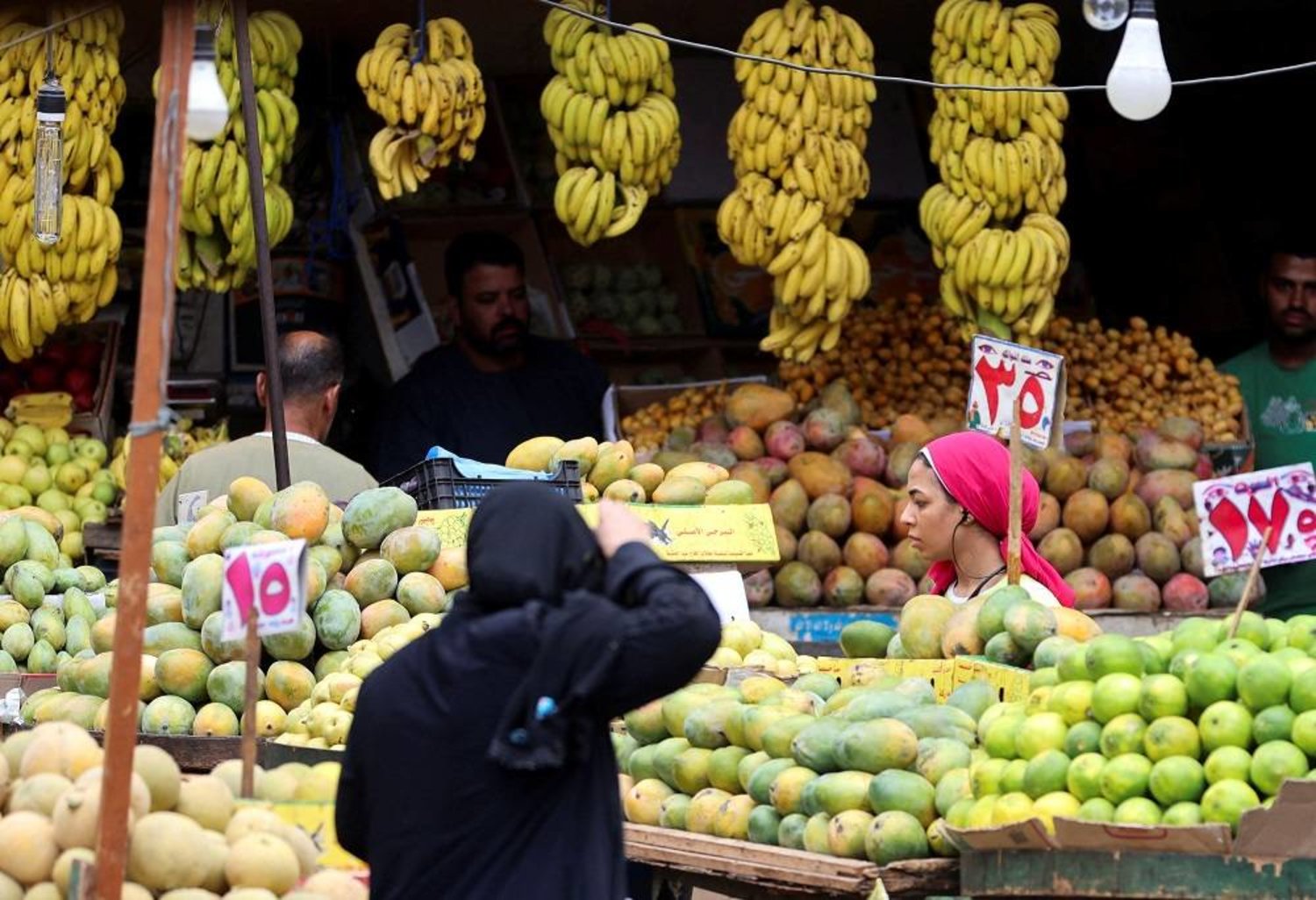Egypt to Reduce Prices on Essential Foods by 15-25%
finance food inflation inflation world news
Safy Allam
Image via arabnews
Amidst the challenges of an economic crisis, one issue in particular affects citizens most. Inflation of food prices has been one of the most challenging parts of the ongoing problem affecting living standards. In light of these dire circumstances, the Egyptian government held a press conference, revealing certain details of how they plan to tackle the situation.

Image via Al Ahram
Among the many high-level officials in attendance at the press conference included Ali Moselhi, the Minister of Supply and Internal Trade; Mohamed Maait, the Minister of Finance; Elsayed El-Kosair, the Minister of Agriculture and Land Reclamation; and Ahmed Samir, the Minister of Trade and Industry.
Before discussing the details of their initiative, the root causes of inflation in food prices were stated. Such problems are the lack of supply and insufficient production and raw materials. According to Asharq Al-Awsat, manufacturers pointed out that with the lack of foreign currency, certain limitations have arisen, including the ability to import particular materials, which in turn forced them to cut back on production. The Madbouly government also stated that the global supply chain was disturbed due to the Russia-Ukraine war and the ongoing effects of the COVID-19 pandemic.
Additionally, Al Ahram mentioned the record-high inflation rate of 39.7% in August, up from 38.2% in July, while a monthly inflation rate of 2.2% for food and beverages was recorded. While vegetable prices hit the ceiling with a 24.4% increment in August, up from 5.5% in July.
The Egyptian government, led by Prime Minister Madbouly, is taking various measures to address rising prices and inflation. This involves coordination with multiple government entities, such as the Ministry of Finance, Tax and Customs Authorities, the Ministry of Trade and Industry, and others. They are working to streamline procedures, reduce fines at ports, and speed up customs processes.

Image via Asharq Al-Awsat
Additionally, there is cooperation with the private sector to ensure the availability of goods at lower prices, especially essential goods. According to Madbouly, an agreement between the government and private producers was reached for them to write their prices on their products and offer them in large quantities in retail chains. Moreover, Asharq al-Awsat cited the ministers of finance and supply, stating that banks had approved to help food producers obtain foreign inputs. As such, the government has agreed with private sector producers and retailers to cut prices on staple foods by 15 to 25 per cent as of Saturday, and to exempt them from customs duties for six months.
The government is aiming for price stability, initially focusing on poultry for three months but extending to other essential goods for at least six months. Continuous evaluation and monitoring of the initiative are planned. Prime Minister Madbouly acknowledges that the world is facing unprecedented crises, and every country is dealing with similar challenges with varying severity.
recommended
 Arts & Culture
Arts & Culture
Art Cairo Returns to the Grand Egyptian Museum This January
Arab Art Art Cairo +8 City Life
City Life



